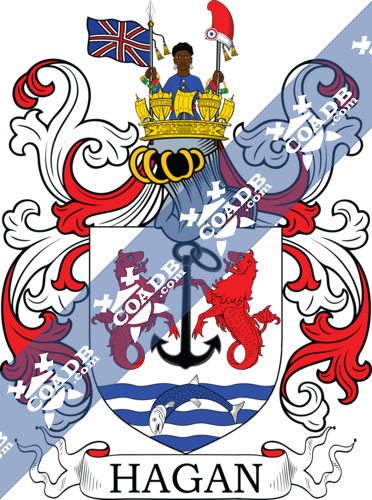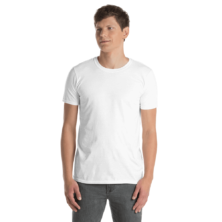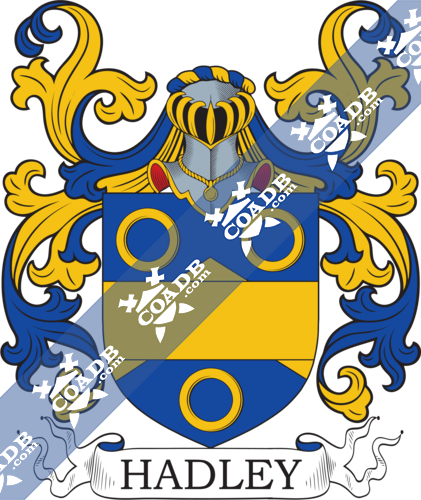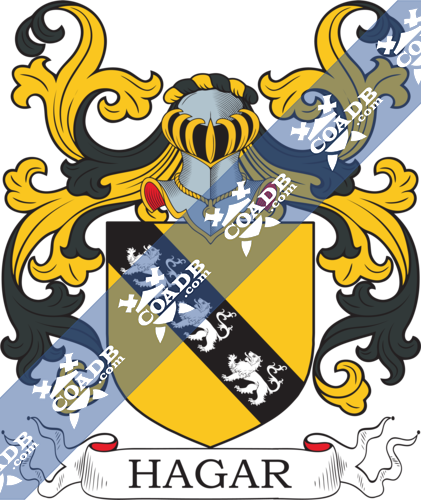Hagan Family Crest, Coat of Arms and Name History

Hagan Coat of Arms Gallery
Don’t know which Coat of Arms is yours?
We can do a genealogical research. Find out the exact history of your family!
Learn MoreHAGAN
The name Hagan is of Irish origin. The surname is thought to possibly be patronymic, meaning the surname derived from the given name of a male antecedent. The name evolved from the ancient Gaelic surname O’hAedhagain was given to those thought to be the male progeny of the pagan Druid god, Aed or Aod, was in Irish mythology the ruler of the underworld. The words Aed or Aod both translated to English means “god”. The suffix “hagain” translates into “rebirth” or “born again”. Over time as the worship of the pagan gods of old begin to wain and with the rise of Christianity the name was shorten to O’Hagain and eventually became the more Anglicized Hagain. Until the 1600s, which saw an end to the Gaelic order, the O’Hagain Clan of Ulster was considered on of the most powerful in Ireland.
Variations in the name’s spelling exists, as with many names which date back to the early
centuries. The variations in the spelling of the surname including but not limited to; Hagan, O’Hagan, Hagen, Haggan, Hagon, Hegan, and Aiken among others. The variation in spelling of both given and surnames during this time period can be attributed to a lack of continuity regarding guidelines for spelling which was compounded by the diversity of languages in use in European countries at this time.
The earliest record of any variation of this surname is that of Ivor O’Hagan whose name appears in records from County Armagh from the 12th century showing his occupation as that of tutor of St. Malachy.
The first recorded immigrant to America bearing the surname or any variation of the spelling was Paul Hagan who arrived in 1658 and settled in Maryland. Thomas Hagan landed and settled in Virginia in 1705. Hugh and Agnes Hagan landed in 1802 and settled in New England and John Hagan arrived and settled in New England in 1808.
There were also many immigrants to the British Common Wealth countries of Canada, Australia, and New Zealand bearing the surname North. Brothers, Thomas, William, and Patrick Hagan landed in 1834 and settled in Saint John, NB, Canada. William Hagan landed in 1849 and settled in Adelaide, Australia. John Hagan and his son Patrick landed and settled in Southern Australia in 1858.
Margaret Hagan along with their children, James, May, and Eliza arrived and settled in Nelson, New Zealand in 1842.
Worldwide, the highest concentration of people with the surname North are found in Ireland, Australia, the United States, the United Kingdom, and New Zealand. By state, the largest percentile of those with the surname Hagan live in Kentucky.
There are many persons of note who bear the surname. Thomas O’Hagan, 1st Baron of O’Hagan was Lord Chancellor Of Ireland. His Heir Apparent and eldest son Thomas Towneley O’Hagan inherited his father’s title and became the 2nd Baron. Thomas was also a Lord-in-Waiting serving as the government whip in the House of Lords. Thomas’ son, Maurice Herbert Towneley, became the 3rd Baron of Hagan and was also a Member of the European Parliament. Maurices’ son, Charles Towneley Strachey, is the 4th and current Baron of Hagan.
Helen Hagan was born in Morroco but immigrated to American where she studied anthropology. She received her education from the University of Bordeaux in France and Stanford University in California. She has been a proponent of native indigenous people of countries world wide. She directed a project relating to the Pine Ridge Indian Reservation in South Dakota, she helped establish the Lakota Contemporary Designs Studio to which created a space where the Lakota could exhibit their artwork, and she has been a vocal advocate of the Amazigh people of northern and central Africa. She has written and published many articles and journals regarding her work and she founded and directs a charitable organization designed to highlight and promote cultural diversity.
Andrew Hagan is a renowned and highly respected author of non-fiction. He was born in and currently resides in Scotland. In addition to being an author, Hagan is also a contributing editor to several major publications and magazines, he has taught Creative Writing at Trinity College in Dublin, and is a Fellow at King’s College London. His works have been translated into over a dozen languages and has contributed his time as a Goodwill Ambassador for UNICEF to help in humanitarian fund raising efforts. Hagan has been the recipient of many honors; he was made a Fellow of the Royal Society of Literature, he is a Patron of the Scottish Book Trust, and has been made an Honorary Doctor of Letters by the University of Strathclyde.
Blazons & Genealogy Notes
(confirmed to Robert Hagan, Esq., Capt. R.N., son of John Hagan, Esq., late of Magherafelt, co. Londonderry). Motto—Vota vita mea. Ar. two sea lions ramp. gu. supporting an anchor in pale sa. in base a salmon naiant in waves of the sea all ppr. Crest: Out of a naval crown or, a demi negro affrontee with broken manacles depending from each wrist, grasping in the dexter hand the Union Jack displ. on a flagsaff, and in the sinister hand on a similar staff the cap of liberty all ppr.







